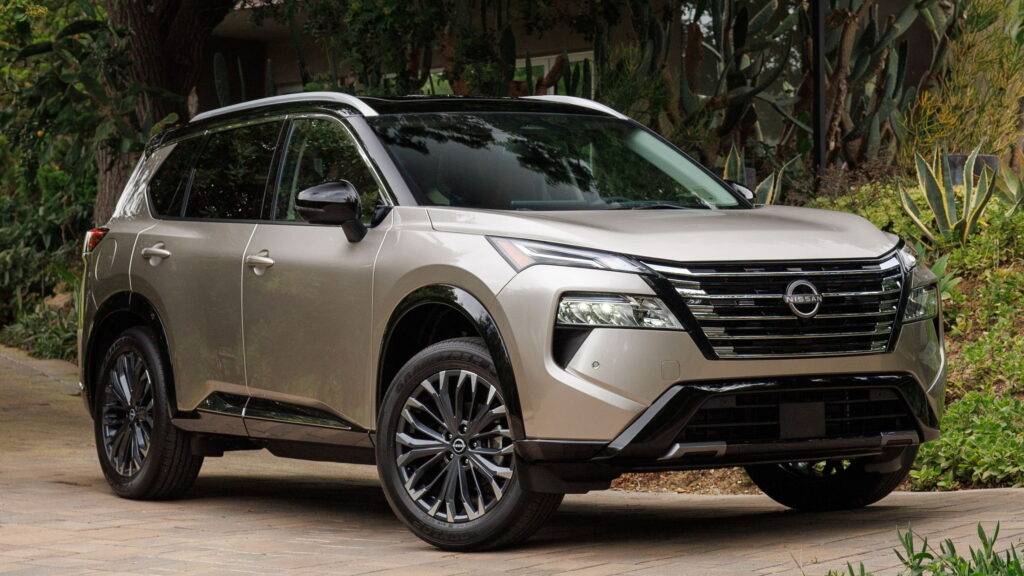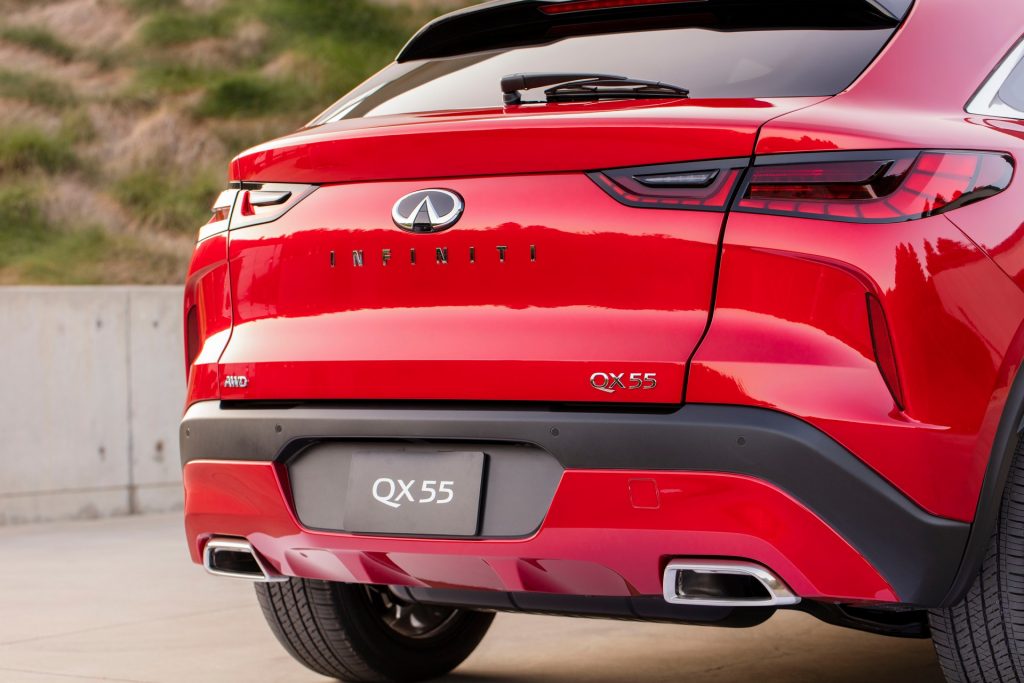

- Nissan is recalling 443,899 cars and SUVs after discovering their VC Turbo engines might fail.
- 2021-2024 Rogue, 2019-2020 Altima, 2019-2022 Infiniti QX50 and 2022 Infiniti QX55s are affected.
- Dealers will drop the 1.5 and 2.0 motors’ oil pans and replace any engines with debris in the oil.
Free engine replacements are the jackpot of the recall world, second only to getting an entirely new car. And for some Nissan and Infiniti drivers, their lucky number is about to come up. The automakers say nearly half a million vehicles in the US are at risk of engine failure and have pledged to provide brand-new engines to those with the most badly affected cars.
Related: Did GM Know Your V8 Was Doomed?
The problem relates to the 1.5 and 2.0-liter variable compression turbo (VC-Turbo) engines fitted to the 2021-2024 Nissan Rogue, 2019-2020 Nissan Altima, 2019-2022 Infiniti QX50 and 2022 Infiniti QX55. Nissan thinks some have been fitted with badly manufactured bearings that could grenade the engines.
Targeted Inspections Before Replacements
But Nissan isn’t about to pull the pin on an engine-replacement program for all 443,899 potentially affected cars. First, it wants to get those vehicles into dealer service centers so technicians can drop their oil pans and take a look inside.
If metal debris is detected, Nissan will repair, but more likely replace, the engine. If the pan is clean the techs will bolt it all back together and send you on your way with a clean pan of oil and a clean bill of health. The process is slightly different for the two engines: 2.0-liter motors just get the fresh oil, but the 1.5s also get a new sump gasket and a reprogrammed engine control module.

Proactive Steps Helped Nissan Dodge a Bigger Bullet
Though a 440,000+ unit recall is no small undertaking, Nissan has to accept the rough with the smooth, and that’s no bad bearing-related pun. Earlier this month, the automaker avoided a 2 million-car recall when the National Highway Traffic Safety Administration’s Office of Defects Investigation (ODI) decided to close a long-running safety analysis of suspension failure in 2013-18 Altimas and 2016-18 Maximas.
The NHTSA acknowledged that there was a problem with the steel lower control arms cracking and corroding, particularly in rust-belt states, but took Nissan’s proactive efforts to replace them into account and said owners would get ample advance warning of the failure through unusual sounds and vibrations.



